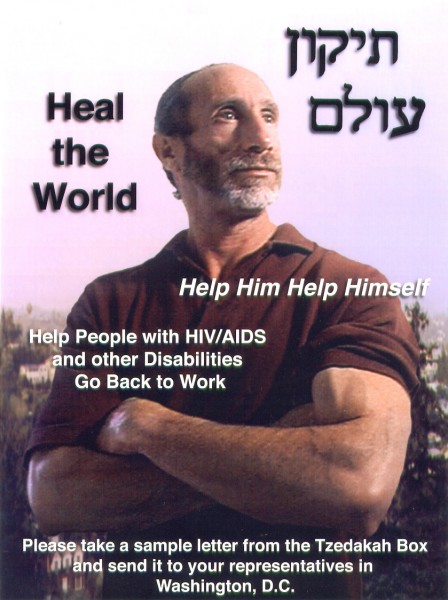all content © Albert J. Winn 2013
Tzedakkah
Tzedakkah commonly understood as charity, actually means righteousness or justice. It is derived from the Jewish commandment to provide for those less fortunate in life as a way of bringing justice into the world. It is not considered charity in the popular sense of the word, but actually participation in an act of God by helping to correct inequality, thus repairing the world, in Hebrew ‘tikkun olam’.
The most common act of tzedakkah is done by placing money in an alms or tzedakkah box for a particular charity. Tzedakkah boxes are mainstays in every Jewish institution and many Jewish homes, the most common perhaps, being the blue and white boxes for the collection of coins for the Jewish National Fund to plant trees in Israel.
Tzedakkah does not require that money be given, and in fact, there are a variety of level of performing tzedakkah. Preferably given anonymously, the greatest form of tzedakkah is to help persons in need help themselves. It is with this concept in mind that the Tzedakkah Outbox is designed.
Fashioned to look like a box for outgoing mail in an office, the Tzedakkah Outbox, made of clear Lucite, contains preprinted letters for anyone to take and mail to their representatives in Congress or State legislators. The letter encourages law makers to remove impediments to the disabled, by addressing the needs of People Living with AIDS, and other disabilities, who are dependent on the government for their healthcare but are prevented from working by extremely low income and asset caps, which if exceeded, would disqualify them from receiving medical benefits.
In keeping with my autobiographic work, the image on the top of the Tzedakkah Outbox is a self portrait. Modeled after the Social-Realism of the early Zionist period, the pose is reminiscent of the kibbutzniks on the face of a Ten Lira note, looking healthy and optimistically into the sun and the future. The image is digitally manipulated with a natural looking screen in the background and printed words ‘Tikkun Olam’ in Hebrew and English, ‘Help Them Help Themselves,’ and a request to take and send a letter across the foreground.
